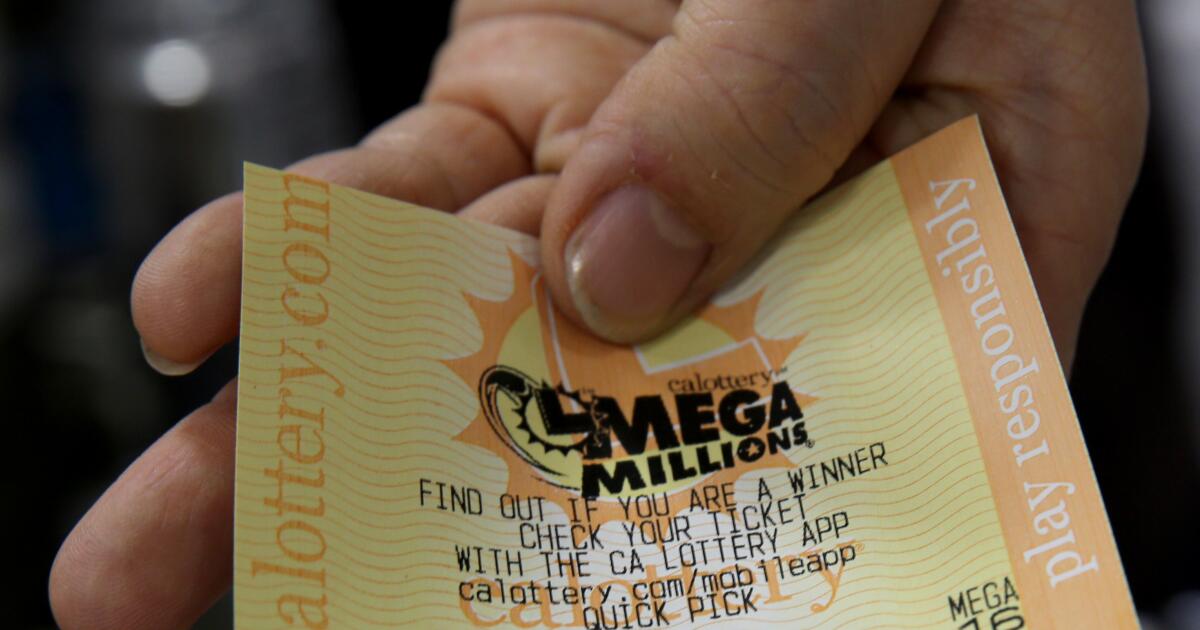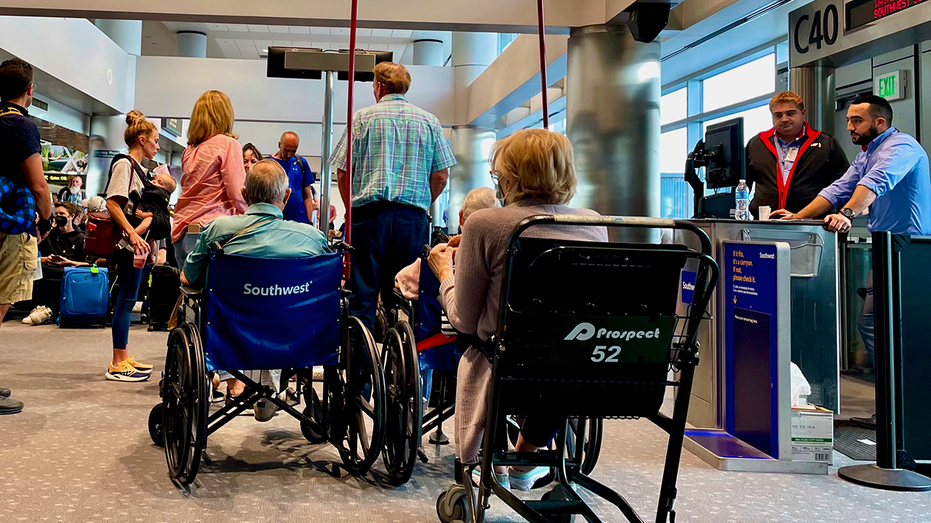A phishing scam targeting users of Los Angeles County’s Metro ExpressLanes has been causing concern across the region. Fraudulent text messages warning of legal threats and financial penalties have even reached non-drivers, prompting a wave of complaints.
Spike in Complaints Over Fraudulent Messages
Concerned Metro ExpressLanes users have inundated the Los Angeles County Metropolitan Transportation Authority (Metro) with calls, seeking guidance and verification of the scam’s authenticity. To address the issue, Metro quickly posted a warning on its homepage:
“The ExpressLanes system has not been hacked, and no customer information has been compromised,” Metro’s statement reassured.
Understanding Metro ExpressLanes
Metro ExpressLanes are specially designated toll lanes on the 10 and 110 freeways, offering a faster alternative to regular lanes. Drivers pay tolls based on dynamic pricing, which adjusts depending on traffic congestion. These tolls are tracked through a FasTrak transponder, a device mounted on the vehicle’s dashboard.
Details of the Phishing Scam
The phishing messages claim recipients owe FasTrak tolls, warning them to pay by a specific date to avoid “excessive late fees” or potential legal action. These texts often include links designed to steal personal information. Some of these scams originate from phone numbers with more digits than the standard U.S. 10-digit format.
Metro emphasized its policy regarding customer communication:
Metro never sends text messages requesting sensitive information or payment.
Customers should avoid clicking on links or providing any personal information in response to suspicious messages.
How Phishing Scams Work
The Federal Trade Commission (FTC) classifies phishing as a deceptive practice where scammers pose as reputable organizations to trick individuals into sharing personal or financial information. This information is then used to commit identity theft, fraud, or other financial harm.
The FTC advises consumers:
Never respond to suspicious messages.
Report phishing attempts to appropriate authorities.
Avoid clicking on any unverified links.
Broader Impact of the Scam
The phishing scheme has not been limited to Los Angeles County. Similar scams targeting FasTrak users have been reported in:
San Francisco in March
Sonoma County in April
San Diego in July
These fraudulent messages appear to target individuals indiscriminately, including both FasTrak users and non-users.
Metro ExpressLanes by the Numbers
Currently, Metro ExpressLanes span 25 miles along the 10 and 110 freeways. Over 1.6 million transponders are in circulation, facilitating 342.1 million trips as of November this year. The FasTrak system is also accepted on other freeways across Southern California, including:
The 405 Freeway in Orange County
The 10 Freeway in San Bernardino County
The 15 Freeway in Riverside and San Bernardino counties
Attorney General’s Warning
California Attorney General Rob Bonta issued a public statement on July 1, urging residents to remain vigilant:
“Scammers are often quite literally in our pockets, just a text away,” Bonta said. “Text-based toll charge scams are on the rise. Recognizing these tactics is crucial to protecting yourself.”
Tips to Stay Safe from Phishing Scams
Verify Claims: Contact Metro ExpressLanes or FasTrak directly through official channels to confirm any messages.
Ignore Suspicious Links: Do not click on any links in unsolicited messages.
Report Scams: Notify the FTC or local authorities about phishing attempts.
Educate Yourself: Familiarize yourself with legitimate communication methods used by Metro ExpressLanes.
By staying informed and cautious, you can protect yourself and others from falling victim to these fraudulent schemes. As phishing scams continue to evolve, vigilance is your best defense.

 1 year ago
389
1 year ago
389














 English (US) ·
English (US) ·